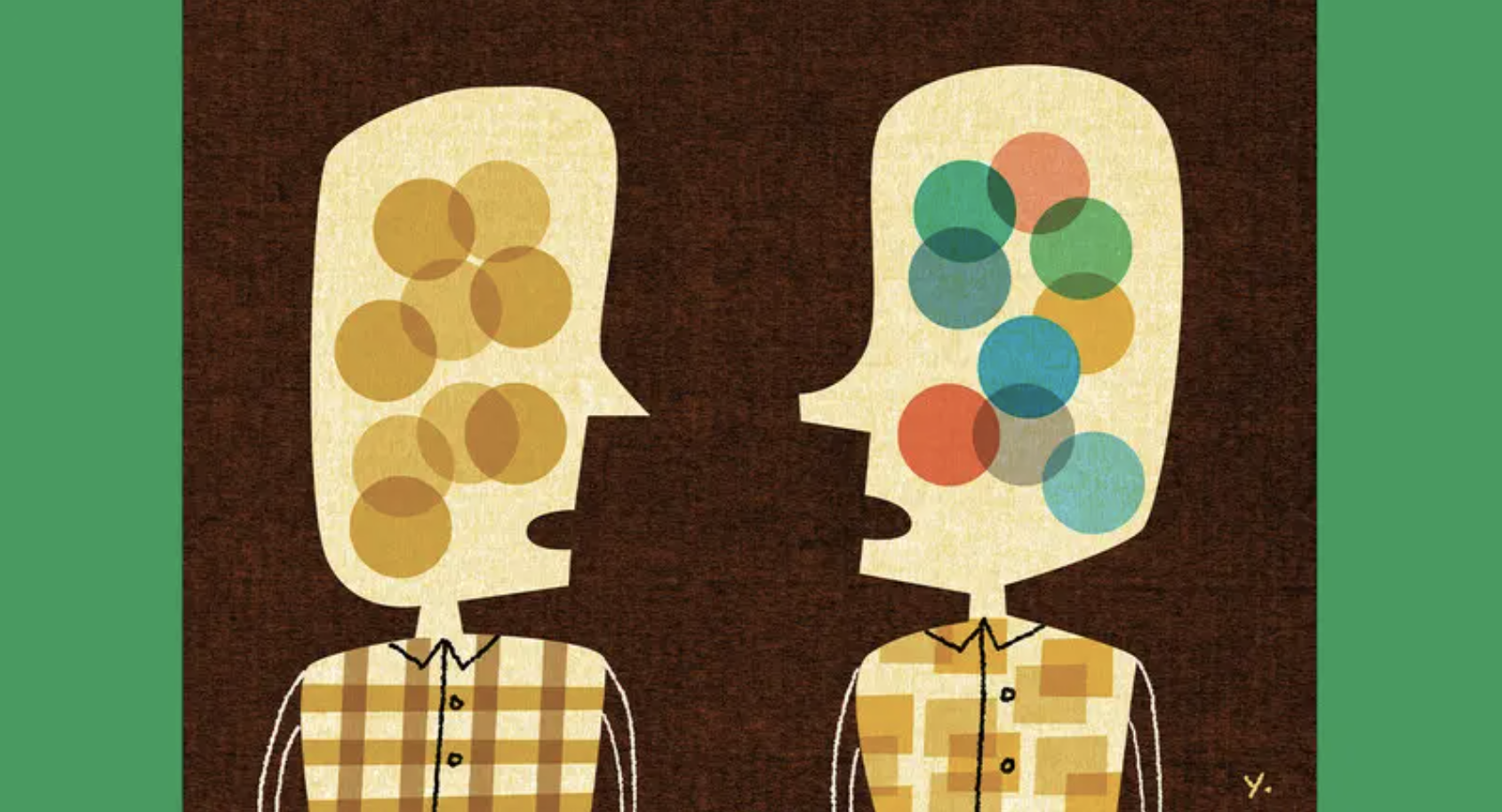Bridging America's Political Divide
November 2020
Americans are divided. Our research brief examines some of the major roadblocks we face in uniting our polarized country and suggests how we might begin to overcome these barriers.
Our research suggests that, contrary to what is commonly imagined, Americans are not completely locked in ideological bubbles. But political differences remain a substantial barrier in relationships and most people are reluctant to engage in discussions with those they disagree with. The good news? Most Americans are hopeful that the country can overcome its deep political divisions. Most also are willing to have conversations with those they disagree with if they feel respected. The key is creating the conditions for respect across political difference.
This brief is based on an online survey of approximately 1,400 Americans in early July 2020. The survey was conducted as part of Making Caring Common’s three-year State of Caring project, a series of surveys, research briefs, and reports tracking how Americans view political polarization, Americans' views on the fight for racial justice, and changes in American family dynamics during the global pandemic.
Note: Because of survey limitations (see the brief’s methods section), these findings should be considered preliminary.
Media contact
Alison Cashin
617.495.1959
media@makingcaringcommon.org
“Even though significant majorities of Democrats and Republicans are having conversations ‘across the aisle,’ it appears that they tend to find these conversations either only marginally useful or not useful at all.”
Key Findings
Contrary to what is commonly imagined, our survey suggests that Americans are not completely locked in ideological bubbles. The overwhelming majority of survey respondents have at least one friend whom they “generally disagree with on key political issues.”
While Americans in the past worried a great deal about their child marrying someone from a different race or religion or entering a same-sex relationship, our survey suggests that far more Americans these days are concerned about their child marrying someone with opposing political views.
Most survey respondents identify political differences as a barrier in friendships as well, although the extent of the barrier appears to depend on the political issue and party affiliation. For example, Republicans were more willing to have friendships across different political issues than Democrats.
Even though significant majorities of Democrats and Republicans are having conversations “across the aisle,” it appears that they tend to find these conversations either only marginally useful or not useful at all. Perhaps because of these difficult conversations, about two-thirds of our respondents reported they’re “not that interested” or only “somewhat interested” in talking to those they disagree with politically. Only 1 in 5 indicated they were interested (15%) or very interested (6%).
Most survey respondents (67%) agree with the statement, “I think it’s important to get along with people who I disagree with politically” (21% said they neither agree or disagree) and 65% are hopeful that “Americans will overcome their political differences.”
While our survey respondents have tended to find conversations about political views unconstructive in the past, a large majority (80%) of them are “happy” to engage in conversations with those with opposing views in the future if the conditions are right, i.e., if they can be assured that others will listen to them respectfully.
Note: Because of survey limitations (see the brief’s methods section), these findings should be considered preliminary. Read more in the full brief (PDF).









